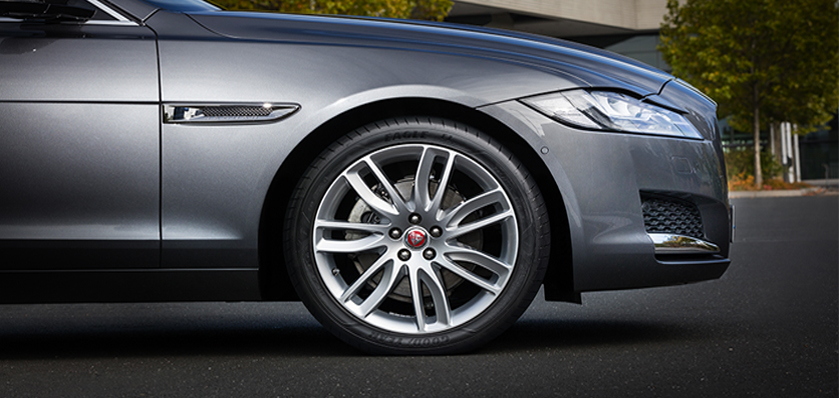Bigger Isn’t always better:
Things to note before upsizing your tires
So your tires are worn out and it’s time for new ones and you’re considering splurging a little on bigger tires for a sportier look. But hold your horses, tire sizes affect more than the looks of your ride and there are other consequences too. Here are a few things to consider before reaching for your wallet.

How will bigger tires affect my vehicle’s performance?
You’d thing that having bigger tires like Formula 1 car means your car could perform on the same level. The only difference here is, your car’s engine doesn’t have the same power as a Formula 1 car.
So instead of giving you better grip and higher performance, you’ll probably get a higher strain on your suspension that affects your steering inputs, fuel economy and vehicle’s overall performance.
Will Bigger tires fit your vehicle’s recommended load, size and speed rating?
Before changing your tires, make sure you check your vehicle’s manual or your tire’s sidewall to see what the load, size and speed ratings of your original tires are.
This is important because you may end up with tires that can’t support the weight of your vehicle or match the speed that you normally drive at, which can potentially be dangerous.
Consider tires recommended by your vehicle manufacturer
Most vehicle manufacturers nowadays provide tires that come in different sizes for the various makes and models. Because the manufacturer recommends it, you’ll know that these tires have been rigorously tested and satisfy safety and performance criteria for your vehicle. This way, you won’t have to worry about your vehicle underperforming or not being safe.
Upsizing your tires can affect your insurance coverage
So you’ve found the tires you want to upsize to and it fits all the criteria for your vehicle. One last thing you need to do is speak to your insurance agent. This is to make sure that your new tires won’t affect the vehicle’s performance and increase the chances of an accident. If the risk is increased, your cost of coverage may go up too.






